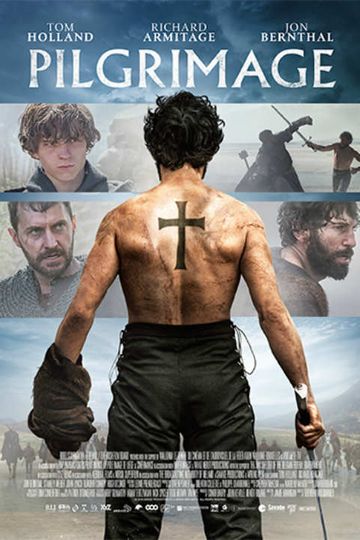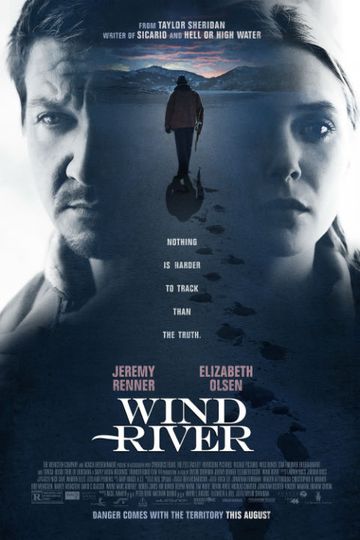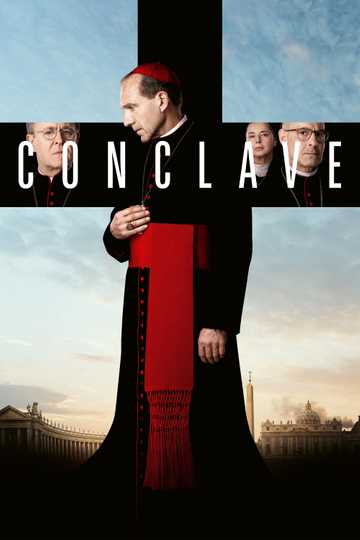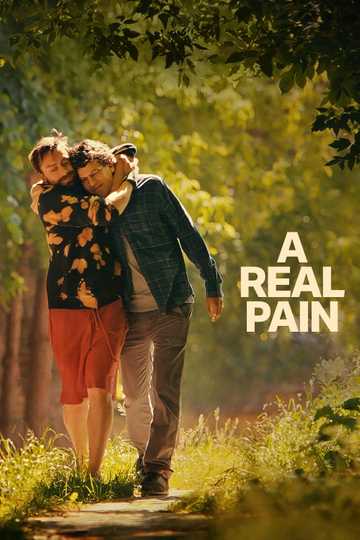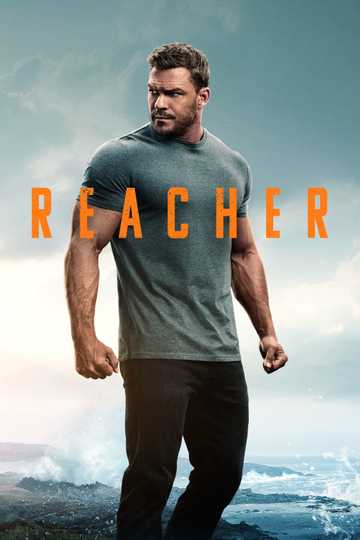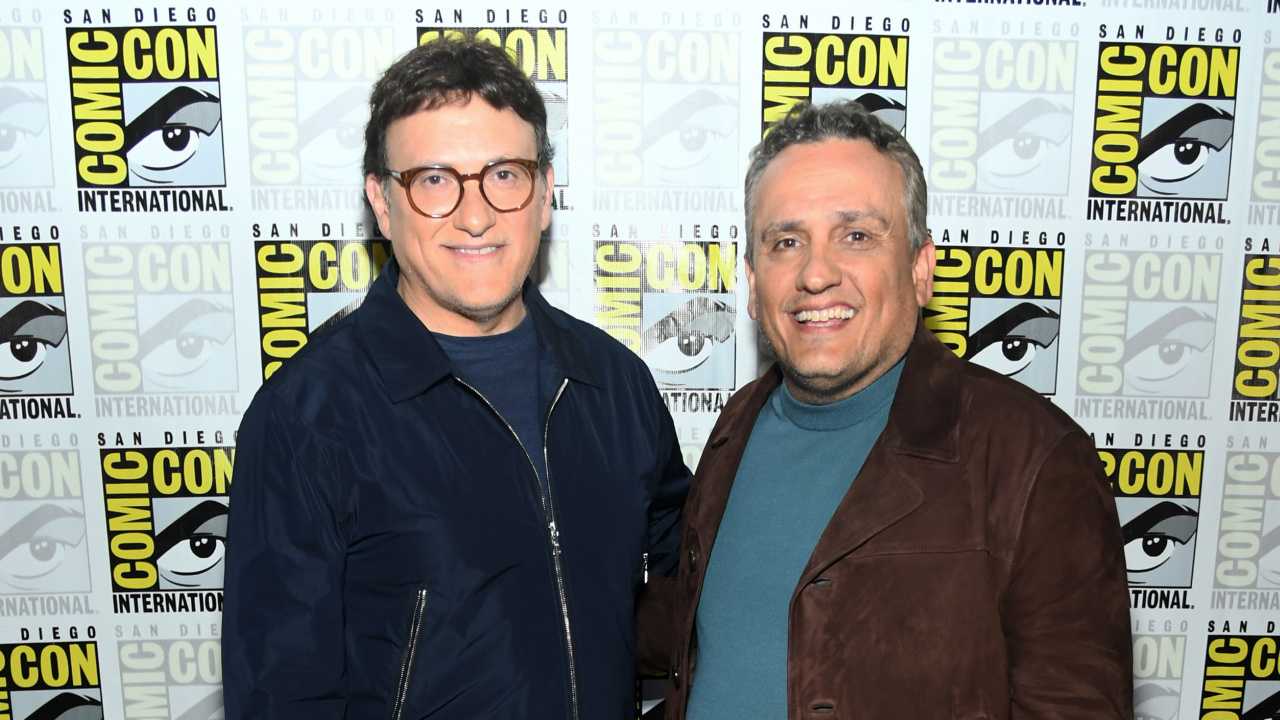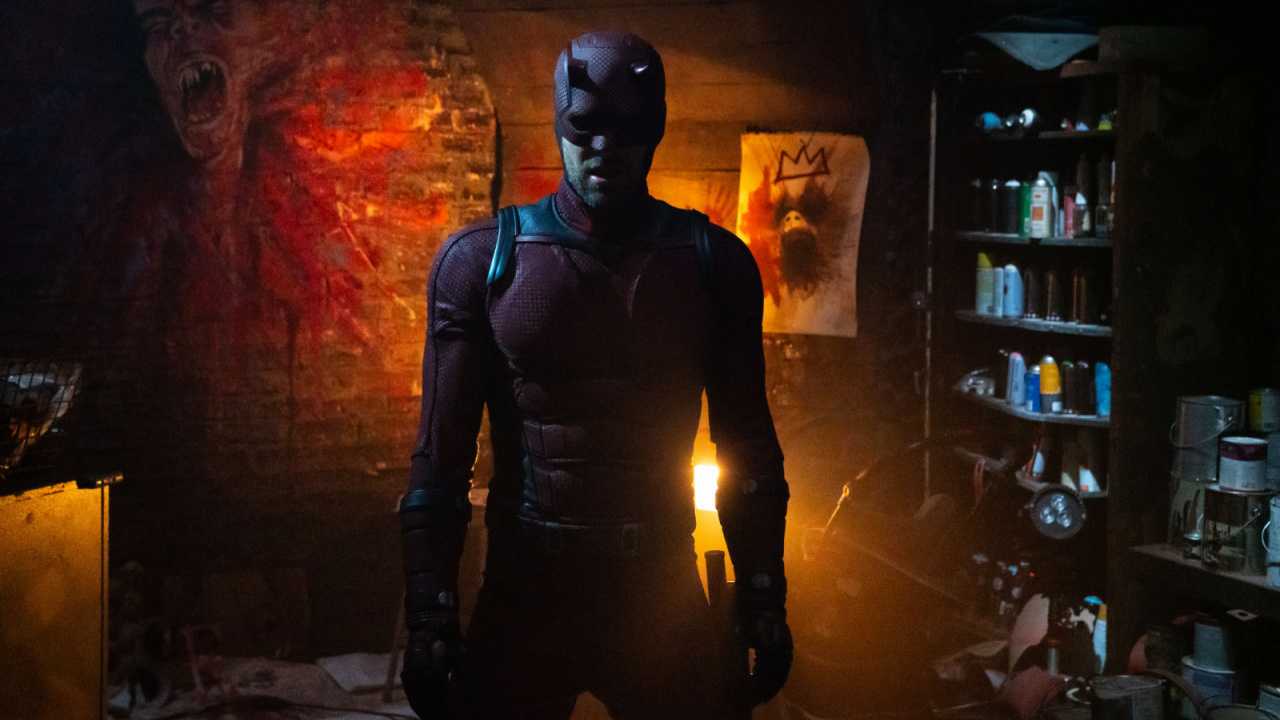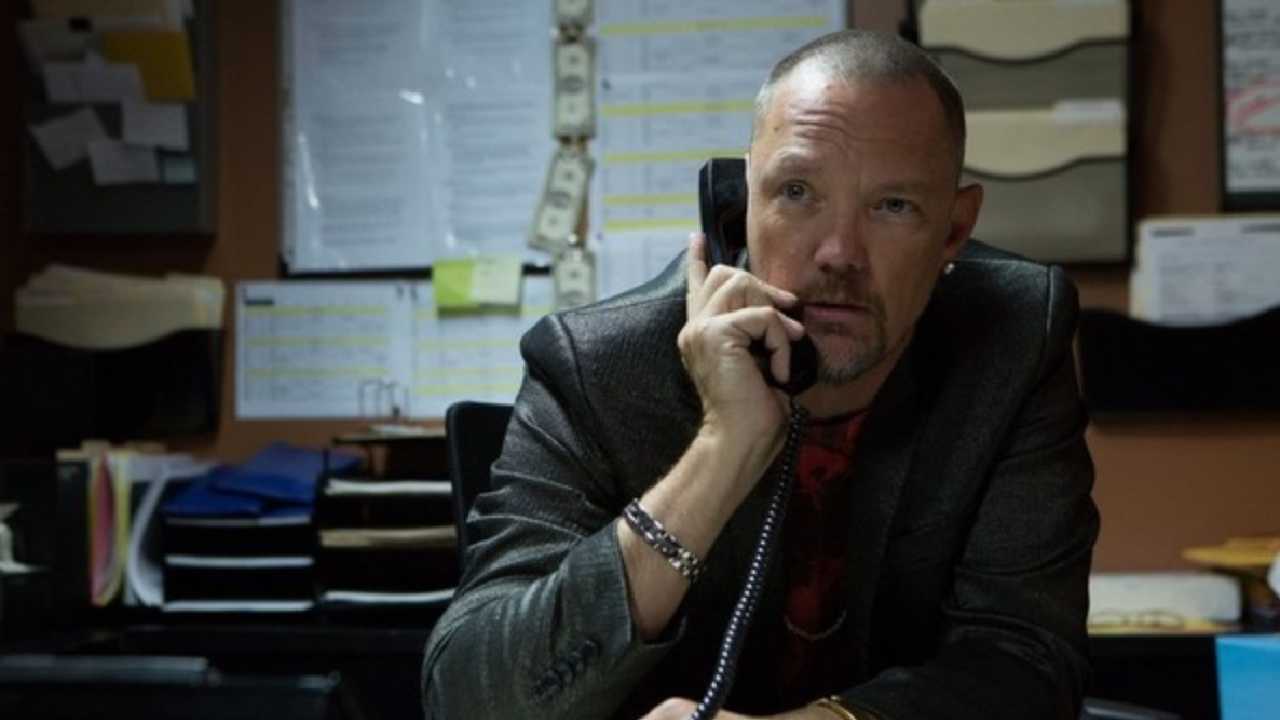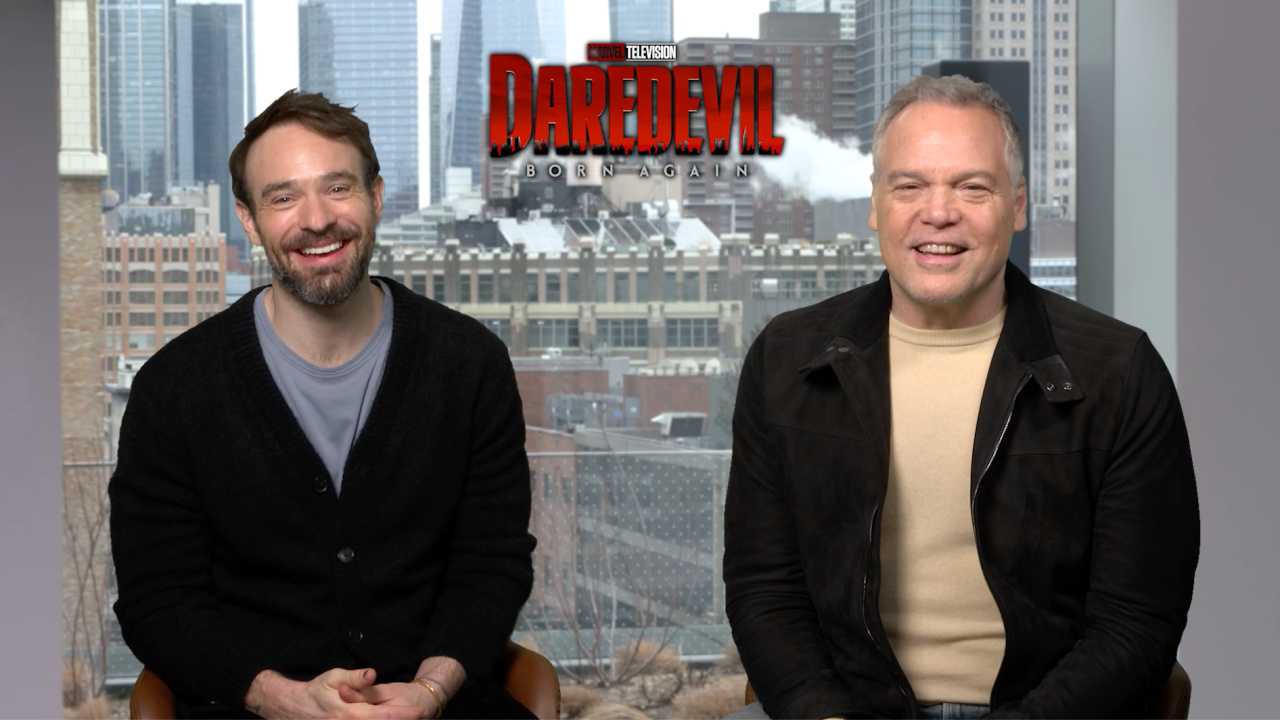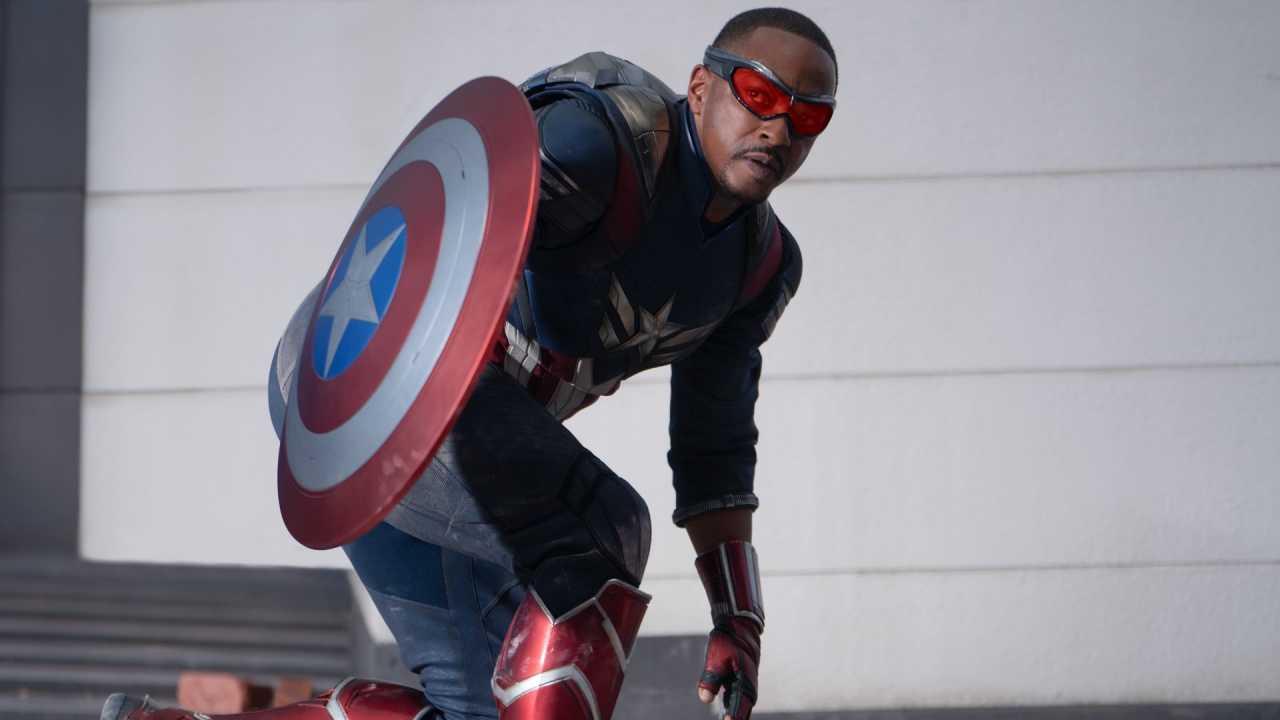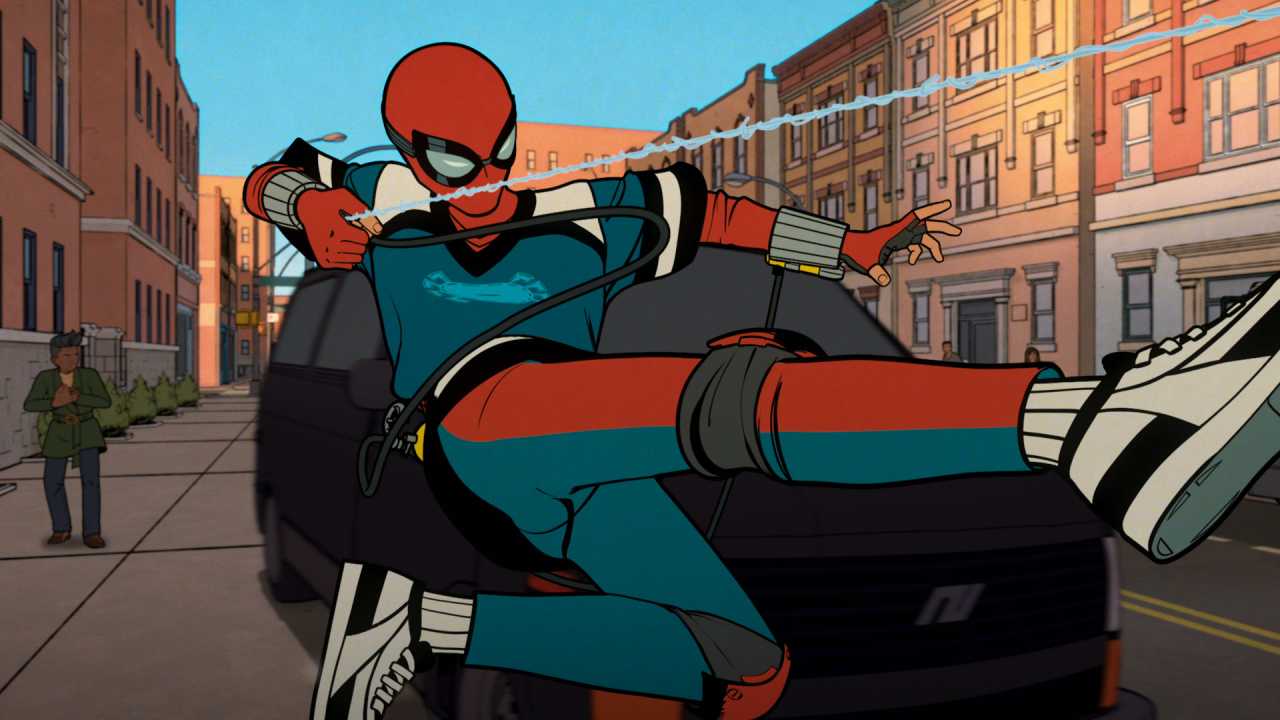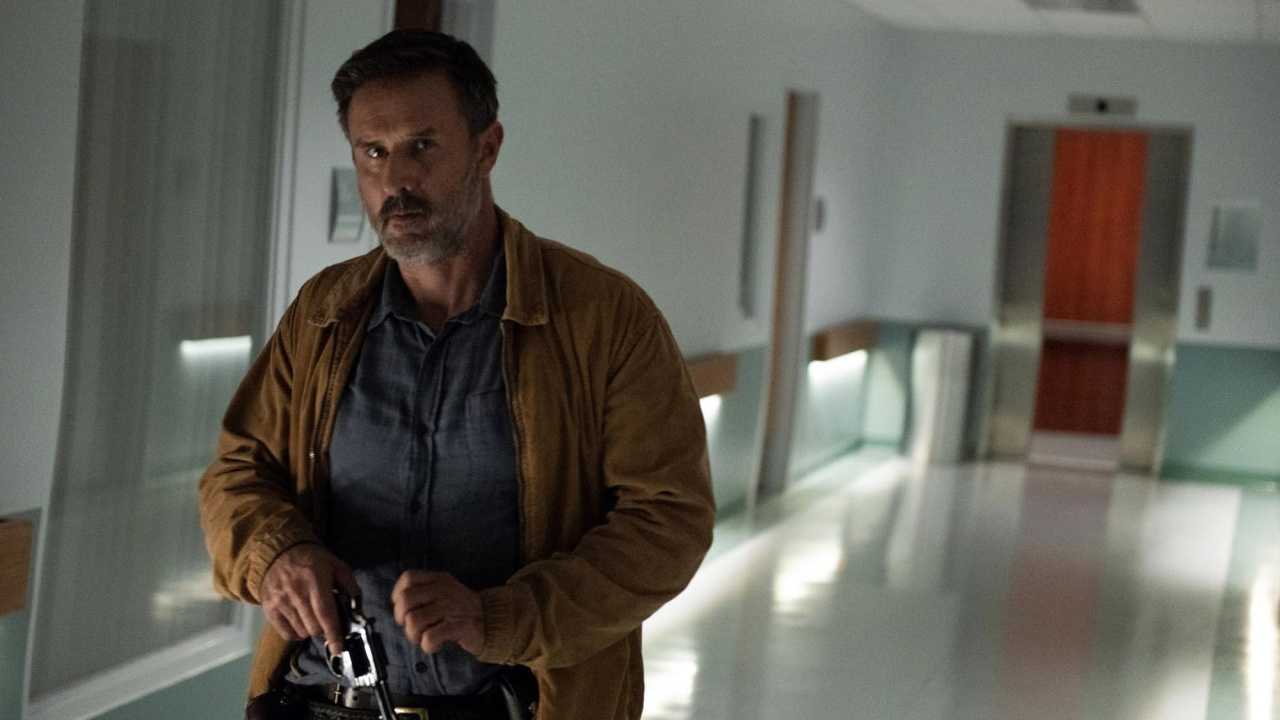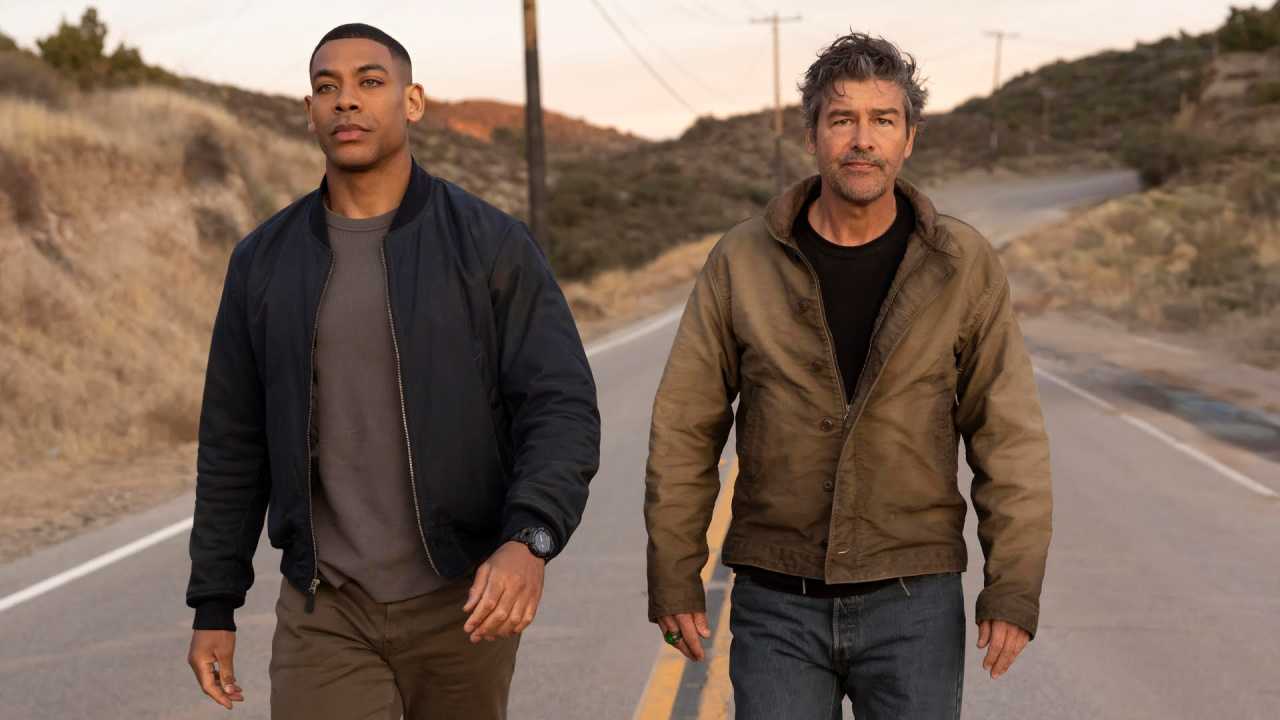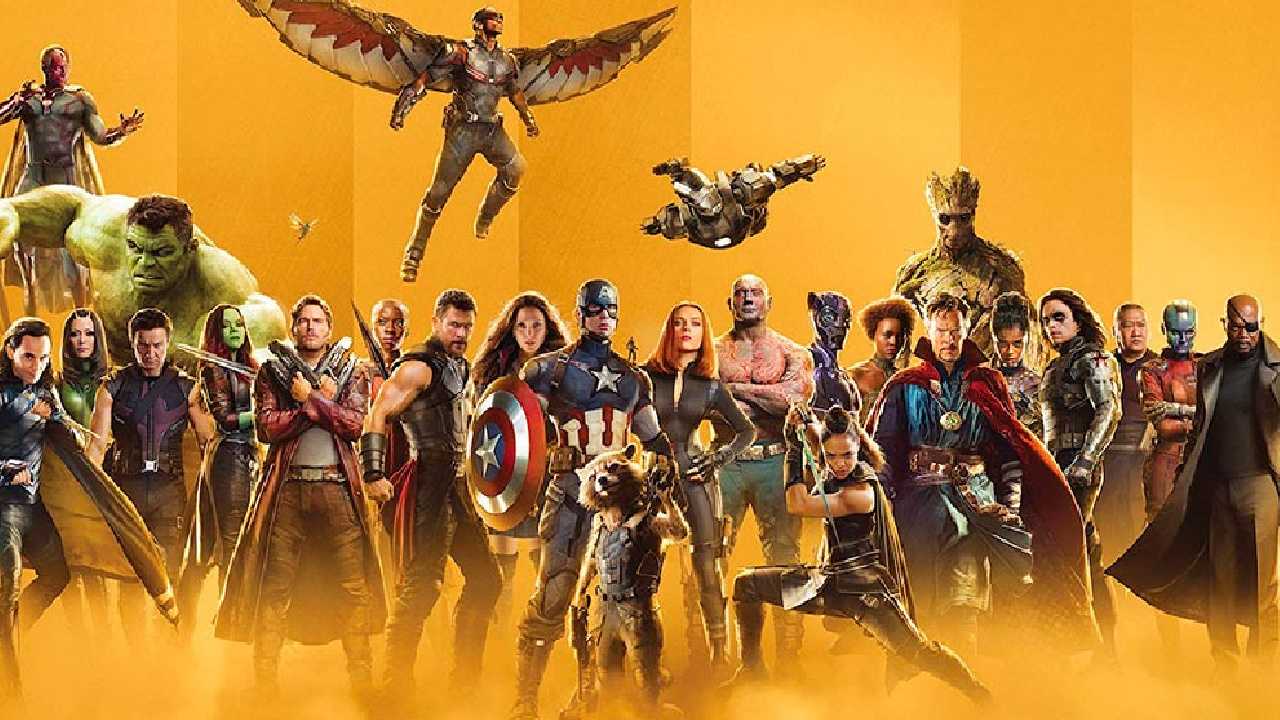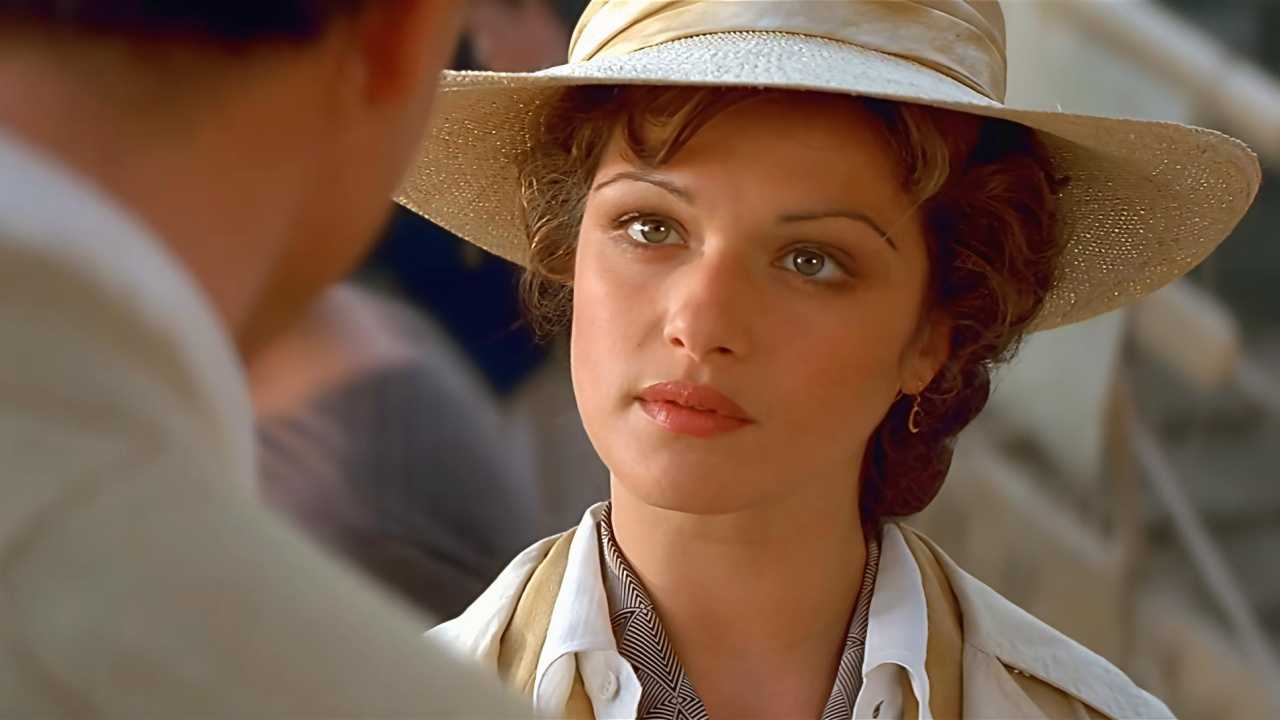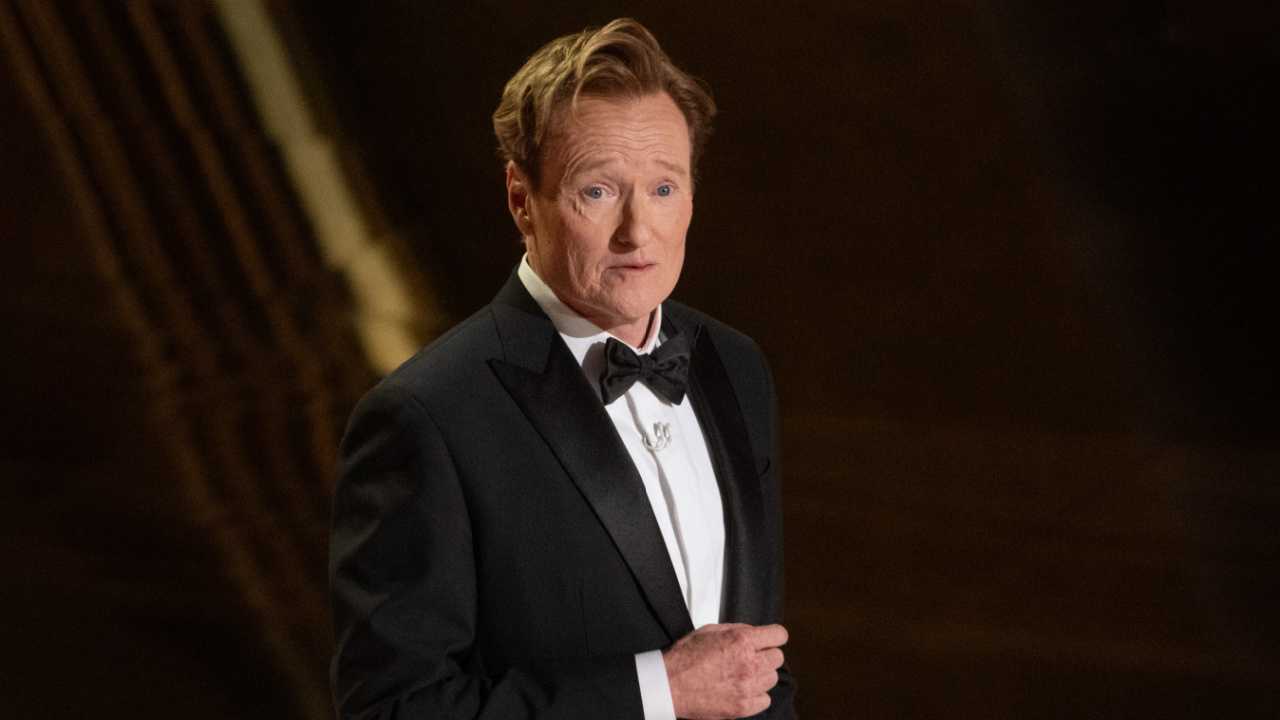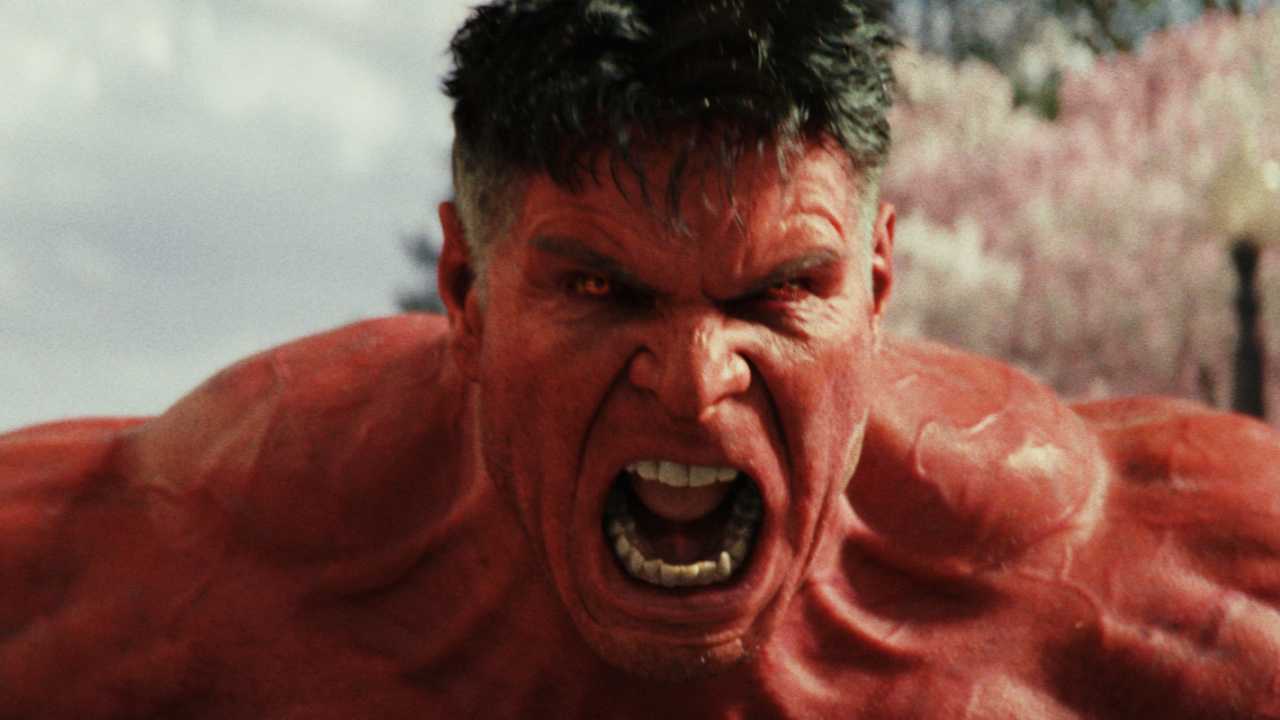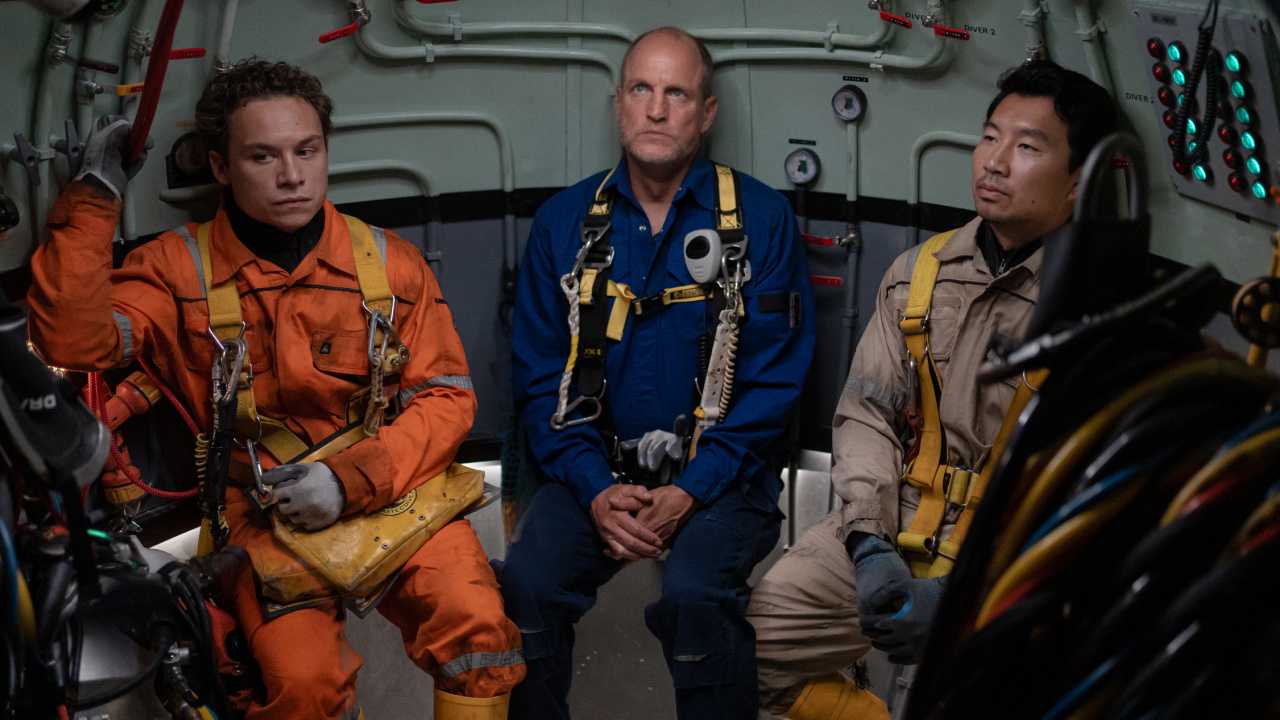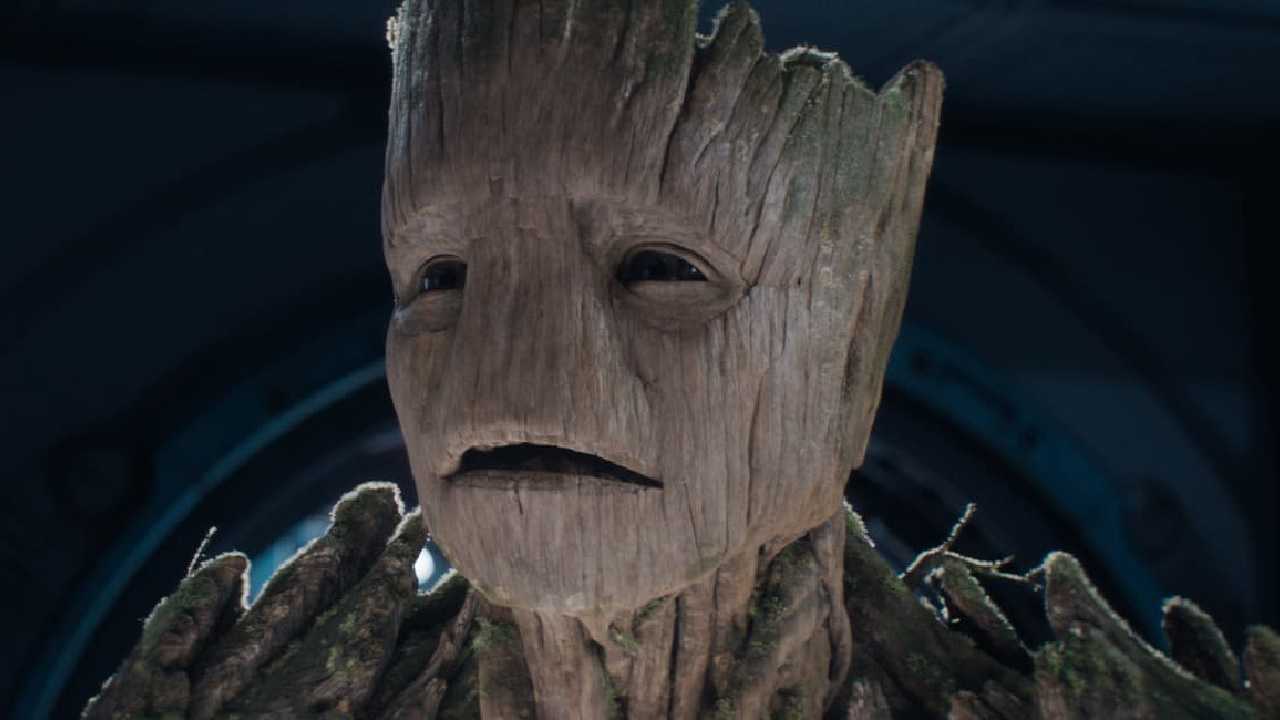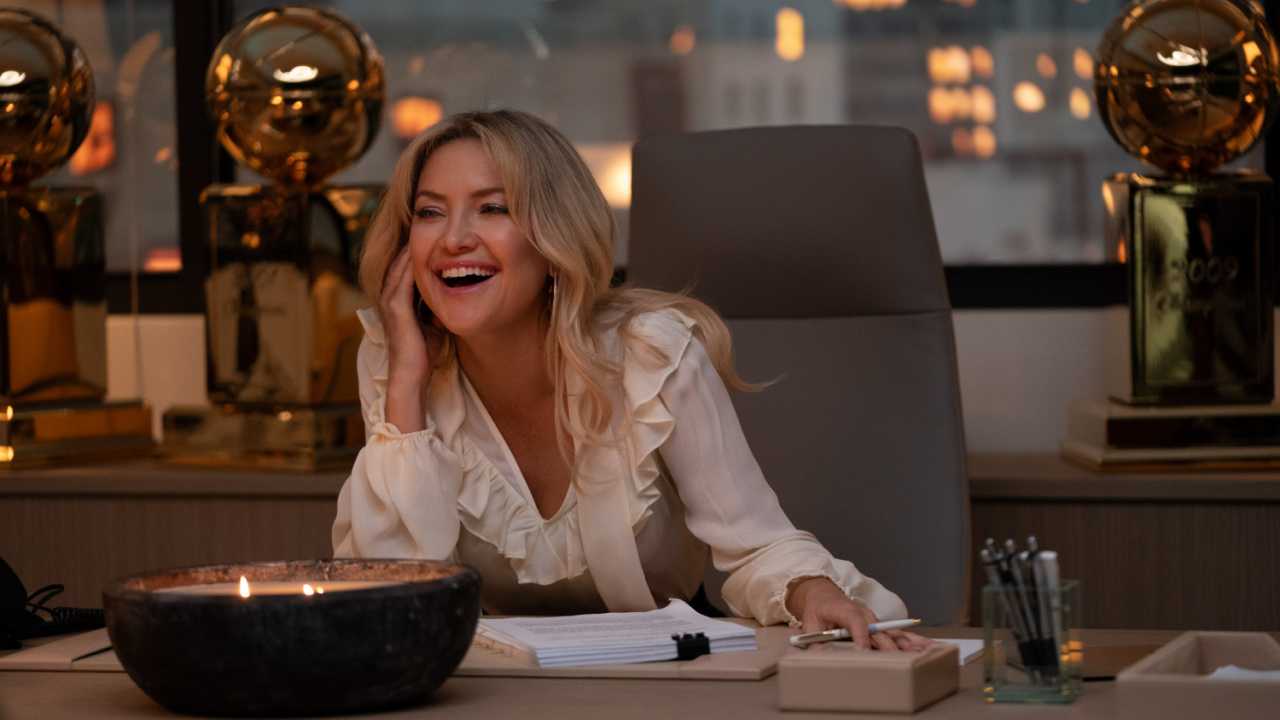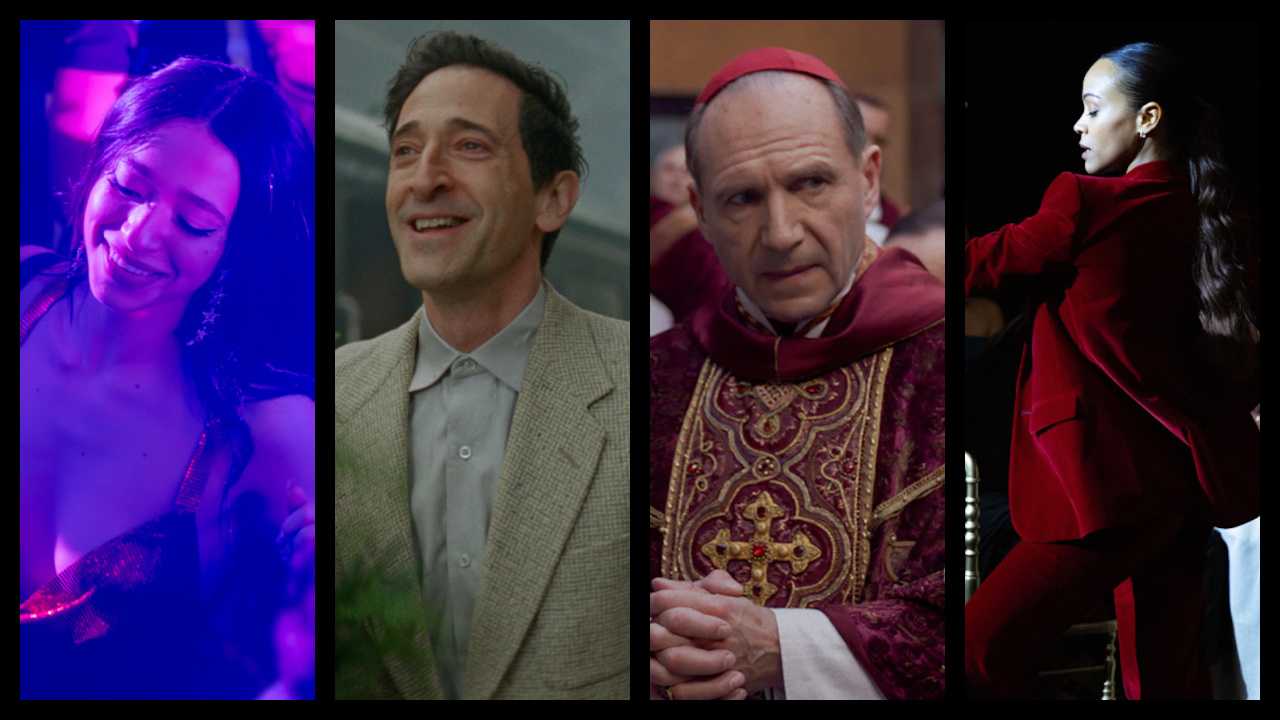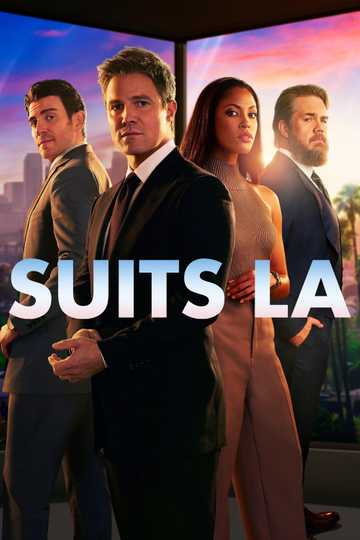Jon Bernthal Is Ready to Make The Punisher a Protagonist, Not a Hero
Jon Bernthal's year has been filled with plenty of violence -- and that's been a good thing for the actor.
In project after project -- including the high-octane, high-impact "Baby Driver," the bleak and chilling "Wind River," the brutal Medieval period drama "Pilgrimage" and his pending return to Marvel's unstoppable vigilante The Punisher as the star of his own Netflix series -- Bernthal's work provides a compelling new window on the resounding impact of violence on the characters he plays and those around him.
And Bernthal always rises to the physical challenge -- in "Pilgrimage," in theaters and available on VOD and Digital HD Aug. 11, he not only mastered 13th century swordplay, he took on the task of playing a mute character who must communicate entirely without words. And as he tells Moviefone, it's tests like that -- and turning The Punisher into a enduring protagonist -- that keeps him coming back for more.
Moviefone: Tell me about figuring your way into playing a character with almost no dialogue in "Pilgrimage." Was it an unusual experience for you?
Jon Bernthal: Yeah, absolutely. I think everything about this experience was pretty unusual. Jamie Hannigan's script really blew me away. I love the use of language in it, and I love the fact that there's about seven different languages on the page that's used in the film. With that, I saw this other language that needed to be created, and that would be the language of the Mute.
He's a guy who is a central character in the film, but he has no dialogue. Therefore, I had to kind of create this own sort of way of communicating. It was a tricky sort of way. My first instinct was just to stop speaking totally, and that's what I did for the first couple of weeks, both on set and off. I felt a learned a ton about myself, I learned a ton about my character. In the end, I thought that it was sort of hurting the process of the movie.
Cutting off my ability to communicate with the director was tough, because I needed him to sort of see the dialogue that I was creating. When I couldn't tell him about it, it was a rich experience for me in terms of learning about the character, but I was worried that the film was suffering for it. So I decided to abandon that going silent after the first couple of weeks -- much to the disappointment of my cast mates, who all said they enjoyed my company more when I was quiet!
It was a very unique challenge. It was an experience that I'll never forget. It let me meet a group of people that will now be a part of my life forever. I really love the people that I made that movie with.
You've had such a great run of projects this year, and so many of them deal with the language of violence, in different ways. What's been the endgame in your head as you've been exploring these different characters in things like "Wind River," "Baby Driver," this film, and "The Punisher"? To look at the ways we use violence in the arts, and what we say through that violence.
It's a really good question, and I'm not going to sit here and try to convey a message to you like I sat down in the beginning of the year and said, "You know what? This is going to be my thesis on violence and the effect it has with the roles I take." Look, I really try to choose parts that resonate with me. I try to work with filmmakers that I believe in, on material that I think will challenge me and that's great. I try to work with other actors that I admire. I've been really lucky this year that I've gotten to do pretty much everything that I've done.
I think as far as the question is concerned, I really do believe in being part of projects with a cogent voice, and that really makes you ask questions. I love to read a script and not really know who I'm "rooting for," or who I "believe in." I like it to be challenging. I like there to be a lot of grey area. Yeah, I think all the projects I've done lately, that's in there.
I think with both "Wind River" and with this film, I think that the characters that I play, you might think they're one kind of guy, but then they end up being something completely different. I really like that, too. Then, obviously with Frank Castle, violence is a huge part. I didn't pick these things purposely, but yeah, I'm really glad and grateful for the projects that I've gotten to be a part of this year.
Along that vein, in terms of making Frank Castle more of an antihero at the center of his own series, what kind of shift did that involve for you creatively, kind of figuring out how to play him as, yes, he's the protagonist, but we're also aware of what kind of antagonistic baggage he brings from the "Daredevil" series?
It's an interesting predicament. To put him as the central character is interesting. I think that my big struggle with him is that one of my biggest kind of things that I'm always fighting for on set is, I always want to preserve the essence of Frank, and have the right and be bold enough to really turn my back on the audience, and not do things to win the audience's favor, but rather stay true to the character and the essence of who he is.
I think Frank is brutal. Frank is damaged. Frank is tortured. I think Frank, when he engages in violence, there's something utterly satisfying and addictive for him to be doing that, and that may not be something that the audience can agree with or get behind. But I've always fought to preserve that, and I think that that's a part of him. I think the pain and what's behind the violence and the reason why he's committing the violence, that's a different story. I want to explore that, too.
So I think that's the real challenge: being bold enough to not make him too heroic, at least "heroic," is important to me. That being said, I think there's Frank Castle inside of everybody. I think being a father and being a husband, he's a character that I deeply empathize with.
The role in "Pilgrimage" is as physical as anything you've done. What do you enjoy about the physical discipline that these types of roles require, and the different sort of fighting skills that you've been picking up over the years?
Look, I was an athlete before I was an actor, and I've always looked at acting as very much an athletic endeavor. In this movie, I had to pick up a whole new skill set, training with sword masters and learning those kinds of skills.
With this kind of film, our back was really against the wall in terms of the fights. We didn't have a lot of money. We didn't have a lot of time. So what that meant is, Paul Burke and the stunt team, we had to rehearse our a**es off, and know that fight in and out. And then have the fortitude and the courage on the day to improvise, and go with it, and make it work in the moment, because we were chasing the sun. Literally, to have a half day to do a fight scene -- on a bigger studio film, we would've taken two/three weeks to do these fight scenes.
I'm used to that from television. I'm used to that from the Marvel world. And I like that. It raises the stakes on the fight days. It adds the vitality of it to the in-the-moment-ness of it. It makes it much more on the line, and makes it much more dangerous, and honestly violent, rather than trying to create violence. And I dig that. I dig that. I dig that being full out. I like, at the end of the day, being all banged up and bruised, and feeling like we actually earned our money that day. It's a good feeling.
For me, finding new ways to express that, I think that the way that characters fight, the way the characters act when their backs are up against the wall, tells an enormous amount about the character. I'm grateful for the opportunity.
